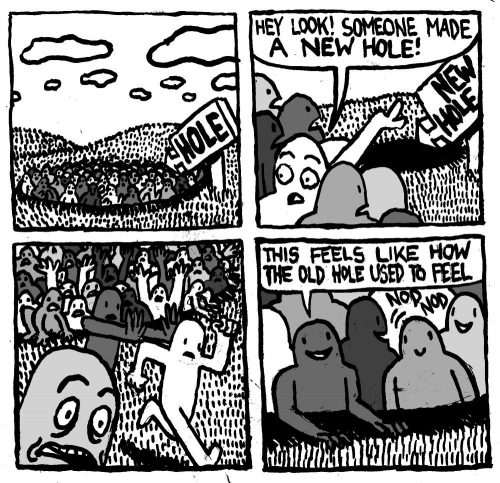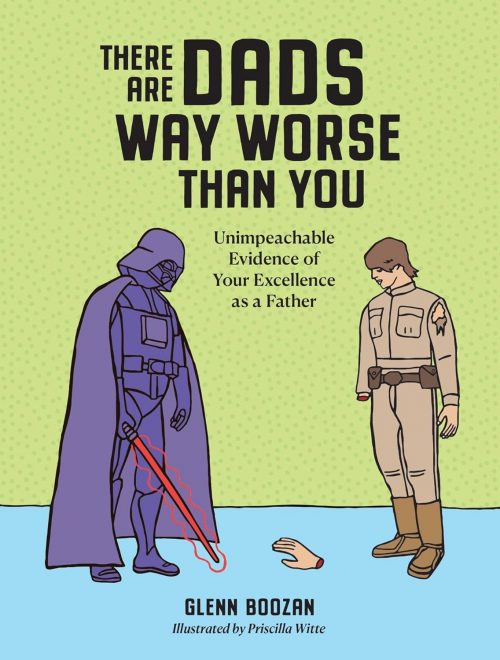No, just no. I know that language evolves, but sometimes it degenerates in confusing ways. Would you believe “rawdogging” has acquired a new meaning? I know what it used to mean, but now it’s something very different, entirely harmless, and actually rather effete.
A 26-year-old Londoner named West (who asked to use only his first name) went viral in May when he posted about his decision to forgo any entertainment and pass a seven-hour trip watching the flight map. “Anyone else bareback flights?” he asked in the caption.
The concept—referred to in a vivid and perhaps unfortunate parlance as “rawdogging,” “flying raw,” and “bareback”—resonated with many in the comments on West’s TikTok page, @WestWasHere. “Yup, from London to Miami this week…pure bareback no food or water,” one wrote. “I swear barebacking flights make it go quicker,” another added.
“I’ve got DMs on Instagram like, ‘Bro, you need to teach us how to bareback flights,’” West tells GQ.
This has got to be a joke. You need to be taught how to sit quietly doing nothing on a flight?
But West and others have also come to see rawdogging flights as a kind of challenge, like the Tough Mudder or No Nut November, the goal being to see how fully participants can deprive themselves of creature comforts, up to and including free snack and drinks and even bathroom visits. A true rawdogger takes no indulgences.
Wait…I usually take the cheapest flight I can get, with few entertainment options, and since the pandemic I don’t take my mask off for the entire flight. I’m a rawdogger now? I thought I just wanted to avoid catching a disease.











